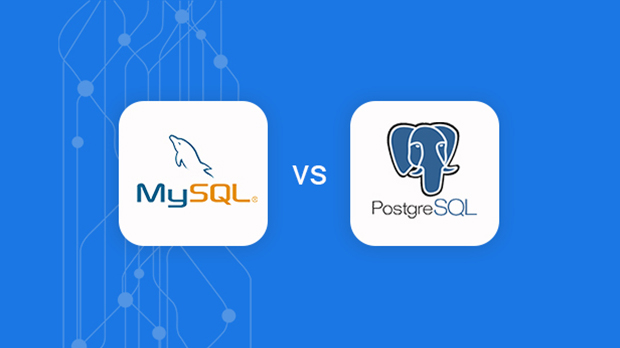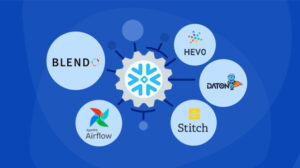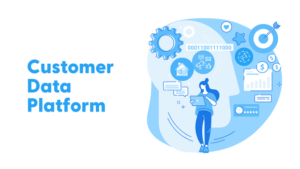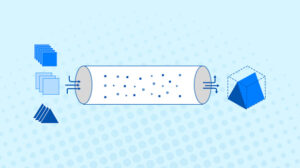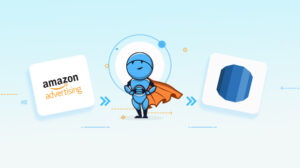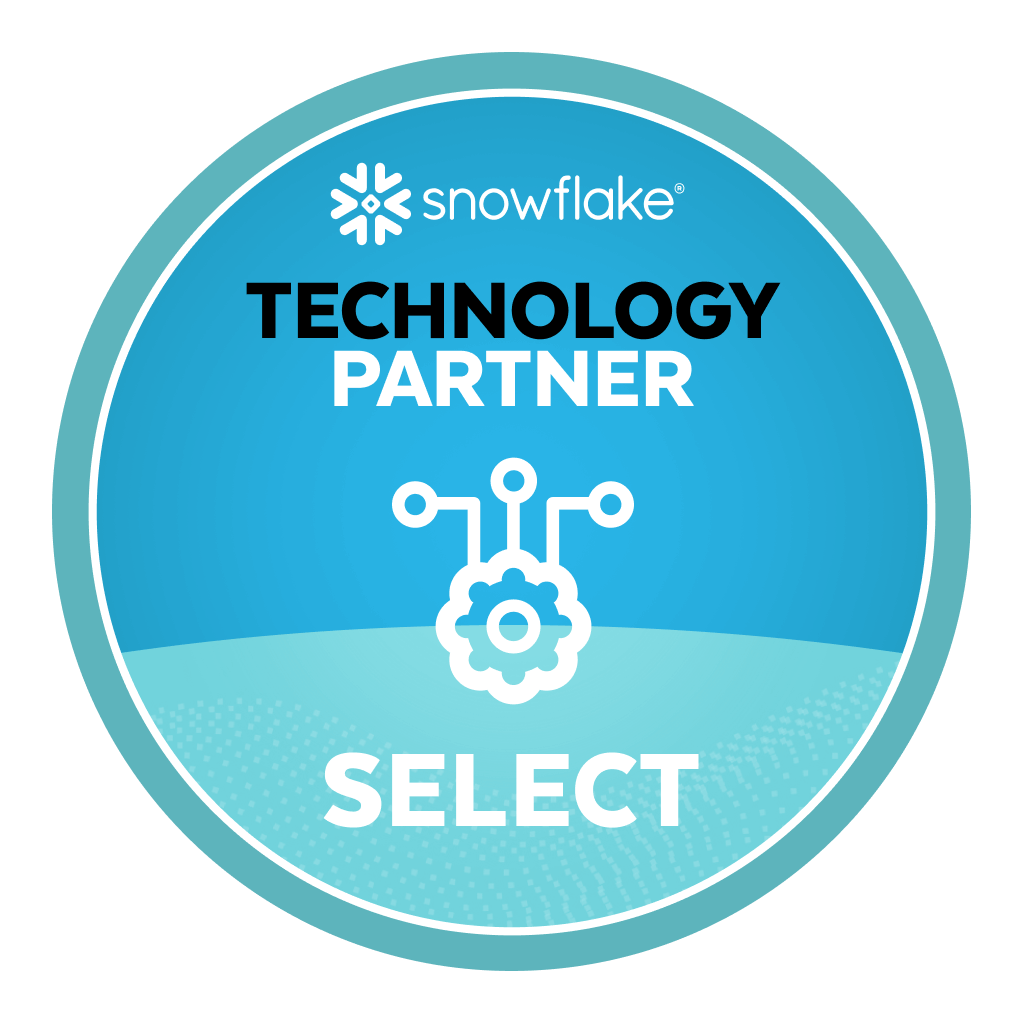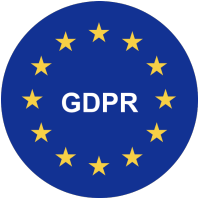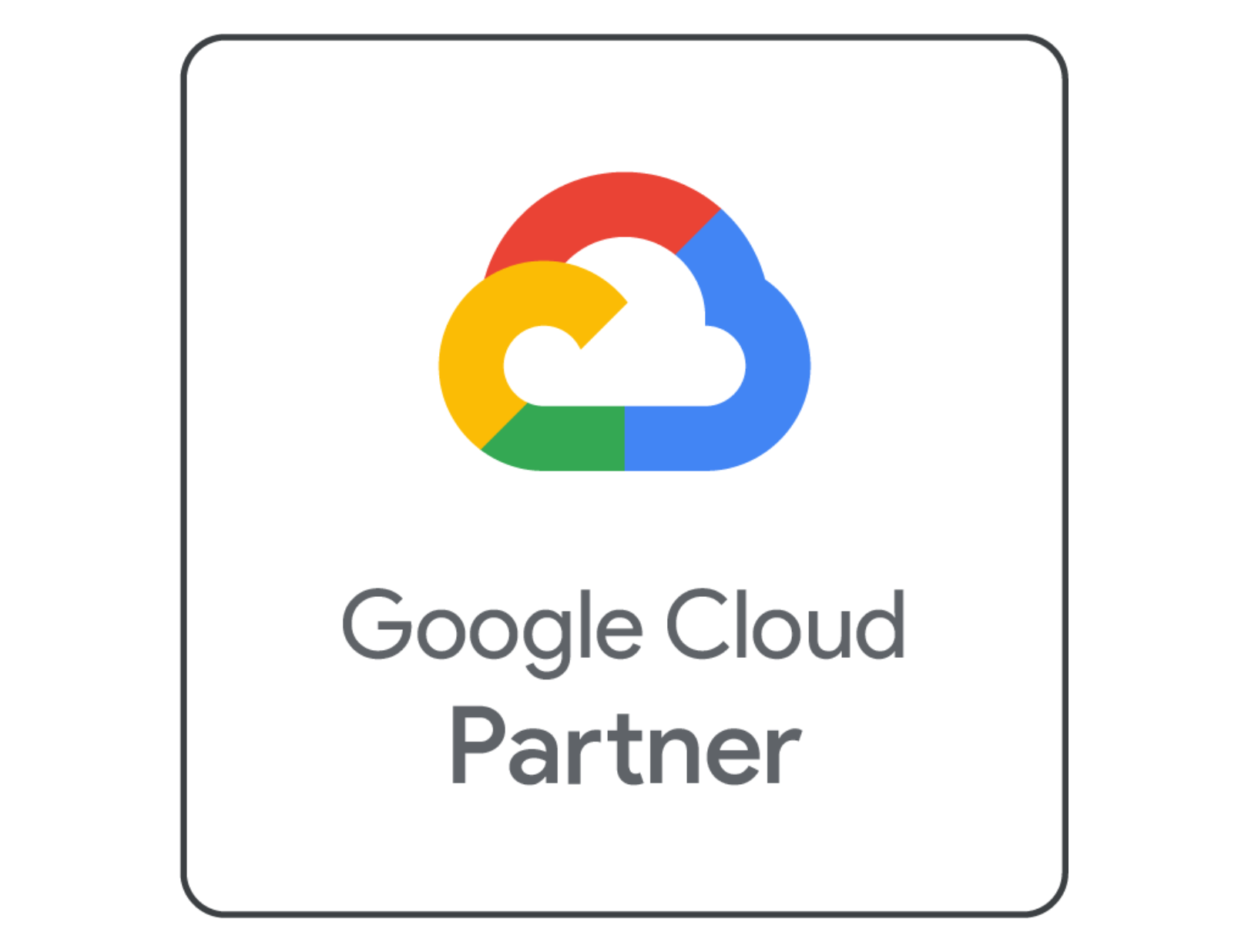Are you facing a dilemma over the critical differences between MySQL Vs PostgreSQL or which is best suited for your system? Which is better in MySQL vs PostgreSQL? How to choose the most suitable database is a question that can haunt a very seasoned DBA, developer, or technical architect and a beginner in the same field.
What Makes MySQL Different from PostgreSQL
Databases are the lifelines for all software techies around the globe. Anyone anywhere searches something over the net or completes a transaction or logs in to some account, all this data needs to be stored in a database system for future accessibility.
To make the data storage put in words of one syllable came MySQL. MySQL is a relational database management system that stores data in different tables rather than clustering them all in one. These database structures are well-organized physically for optimizing speed.
MySQL stands for My Structured Query Language, SQL is the most common language to access for data management and storage. MYSQL is the RDBMS (Relation Database Management system) that is designed in rows and columns. It is an open-source database that is widely available for anyone and everyone to use.
MySQL Analytic tools are the heroes behind all the data management and storage for everything our fingers type in on the keyboards. MySQL analytics is like the oxygen of the data management as it helps one decide for future data management and decision-making. Some names for these heroic MySQL Analytics tools that are widely used are:
PowerBI
Tableau
Ubiq
Time to Understand – What is PostgreSQL
Heard about the phrase, “It’s time to update”? Well, PostgreSQL is the answer to its upgraded database management system. PostgreSQL is the world’s most upgraded version of the open-source database. Being into its 30s, 35 years to be precise PostgreSQL with its strong and active development earned a rock-strong reputation.
It is an ORDBMS (Object Relation Database Management System) pioneering many concepts that came into existence in commercial databases much later. PostgreSQL is a descendant of the original Berkeley code. Unlike MySQL, PostgreSQL supports a large part of the traditional SQL and offers some quirky and modern features like:
Triggers
Multiversion Concurrency control
Undatable views
MySQL vs PostgreSQL
Having a neck-to-neck competition MySQL holds the title of “World’s most popular open-source databases”, on the other side PostgreSQL holds the title of the “World’s most advanced open-source database”.
There is a thinned-line difference between MySQL analytics and PostgreSQL analytics that keeps this battle inclining either towards MySQL analytics or PostgreSQL analytics time and again. Both of these database management were launched in a year’s time. MySQL was launched in 1995, whereas, PostgreSQL was launched in 1996.
The debate about which is better among these can’t come to a conclusion soon. However, mentioned below are some major differences between the two :
Architecture – PostgreSQL has a Multirpocess and object-related architecture, however, MySQL is a single processed relation.
Indexes – PostgreSQL consists of B-tree, hash, GiST, SP-GiST, GIN, and BRIN. MySQL consists of primarily B-Tree, R-Tree, hash, and inverted indexes.
Performance – PostgreSQL Analytic tools are capable of high-end volume reading and writing. MySQL analytic tool is capable of just high-volume reading.
It takes quite a journey to reach to following decisions such as, the database is required to be a relational one, it has to be Open Source.
The way the database is going to be used, maintained, and supported in the future.
The general approach that can calm the cold war between various available databases is ensuring the project scope is adhered to, business requirements are understood, feedback and use cases are considered, and when required, a mixed approach is also a lifesaver. Every developer comes with his/her preferences, and like programming languages, the same problem can be solved by opting for the best possible solution that fits the usage and budget requirements.
Under the umbrella of Relational Open Source Databases, MySQL and PostgreSQL, also known as “Postgres” are the two most popular databases.
Statistics have shown that 40% of the developers prefer using MySQL to read operations for BI systems for their day-to-day operations. In contrast, Postgres is looked at as a solution to be used when developers need to run complex queries on OLAP/OLTP systems.
Critical Differences: MySQL vs PostgreSQL
The listing below is some common pointers to understanding Similarities and Differences between MySQL vs PostgreSQL and empowering the developer or DBA to choose:
| Sr No | MySQL | PostgreSQL |
| 1 | Origin:1994-1995. Easy to install and use. Was mainly designed for Application Developers. After Oracle took over, two versions were launched | Origin: 1986, Open sources, 1995. Postgres is a bit complex as it supports complex queries for transactions. Powerful tool with in-built functions. Was mainly designed for DB admins |
| 2 | Relational Database | Object-based relational database. They are also used as No SQL DB |
| 3 | Open Source | Open Source |
| 4 | Reliability – ACID is supported | Reliability – ACID is supported |
| 5 | General-purpose – Store data in tables based on Primary Key and Foreign Key relationships. Create DB/Table, Delete DB/Table, Update Table, etc. | General purpose – Execution of very complex queries, triggers, etc. Supports concurrent access to multiple users. Can be integrated with other programming languages such as Java, Python, etc. |
| 6 | Based on C and C++ | Based on C |
| 7 | Reliable and popular program DB and supports standard data types | Supports Complex queries, Advanced data types |
| 8 | GUI is called MySQL WorkBench | GUI is called PgAdmin |
| 9 | Most DB driven Web Apps also use MySQL | Support small single machine Apps as well as large warehouses. |
| 10 | Use Cases: Stored procedures, views, and indexes are created using SQL language. Audit Logs Website development Network tools Data warehousing | Use Cases: ERP CRM Data Warehousing |
| 11 | Replication is straightforward and easy to roll out. It is a one-way asynchronous process. Load Balance reads on slaves and writes on Master. | Replication is synchronous. The process called Write Ahead Log archiving and replication are near real-time. |
| 12 | Supports Multiple Storage Engine | Uses Single Storage Engine |
| 13 | Analytics functions are not supported | Support Analytic functions |
| 14 | Table inheritance is not supported | Table inheritance is supported |
| 15 | Supports for B Tree and Hash Indexes | Inbuilt support for B Tree and Hash Indexes |
| 16 | Available on multiple operating systems | Available on multiple operating systems |
| 17 | Supports table partitioning to improve the performance of queries. | Supports table partitioning to improve the performance of queries. |
| 18 | Popular with LAMP Stack. (Linux, Apache, MySQL/ Mongo DB, Php/Python) | Popular with LAPP Stack. (Linux, Apache, Postgres, Php/Python) |
Till you come to any conclusion on MySQL vs PostgreSQL and finally choose one there are a lot of decisions to make. But Don’t worry, you can easily integrate both MySQL & PostgreSQL with Daton as your data warehouse, no matter which database you choose.
